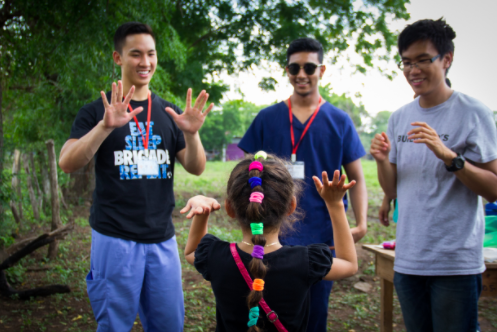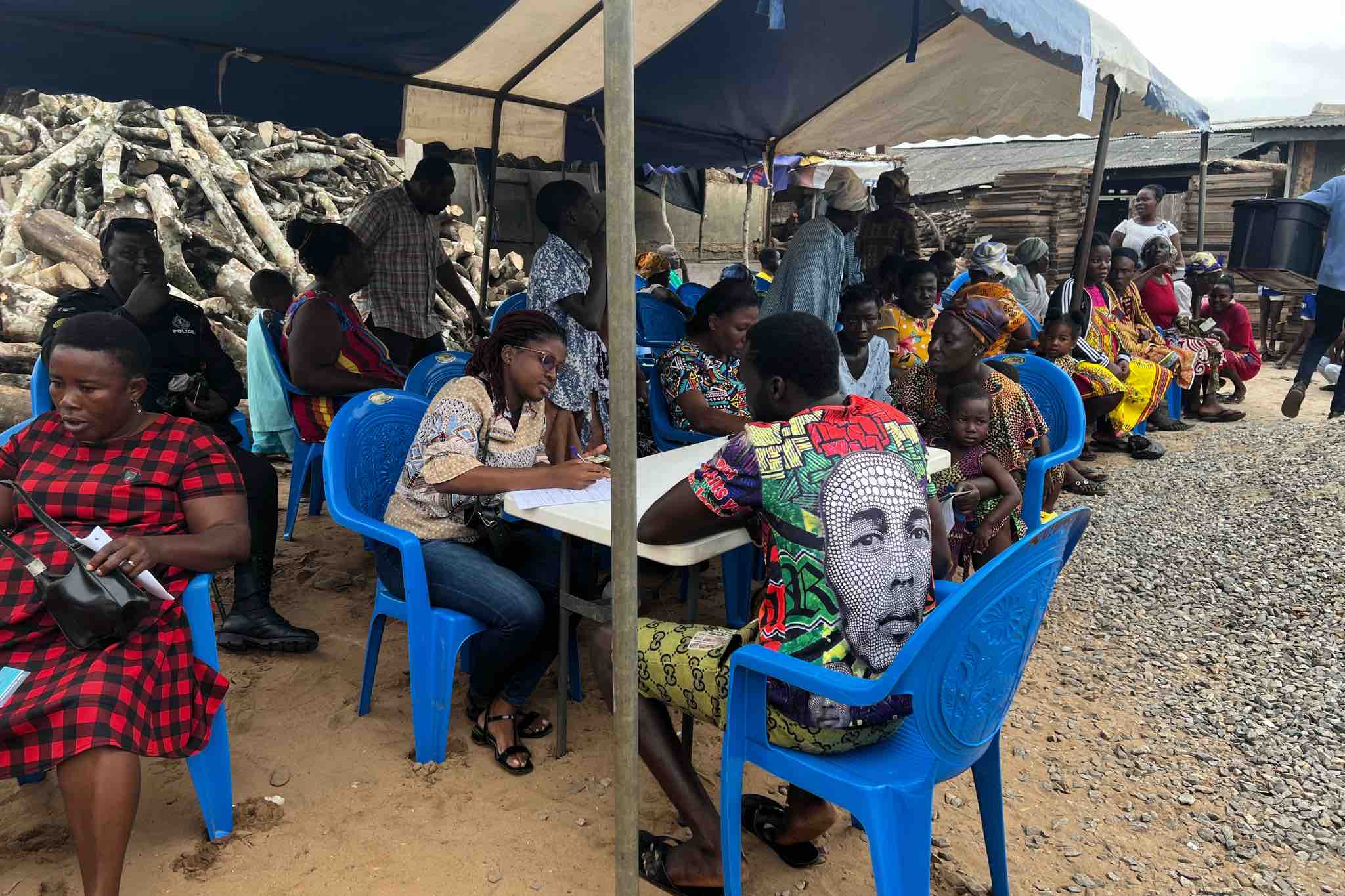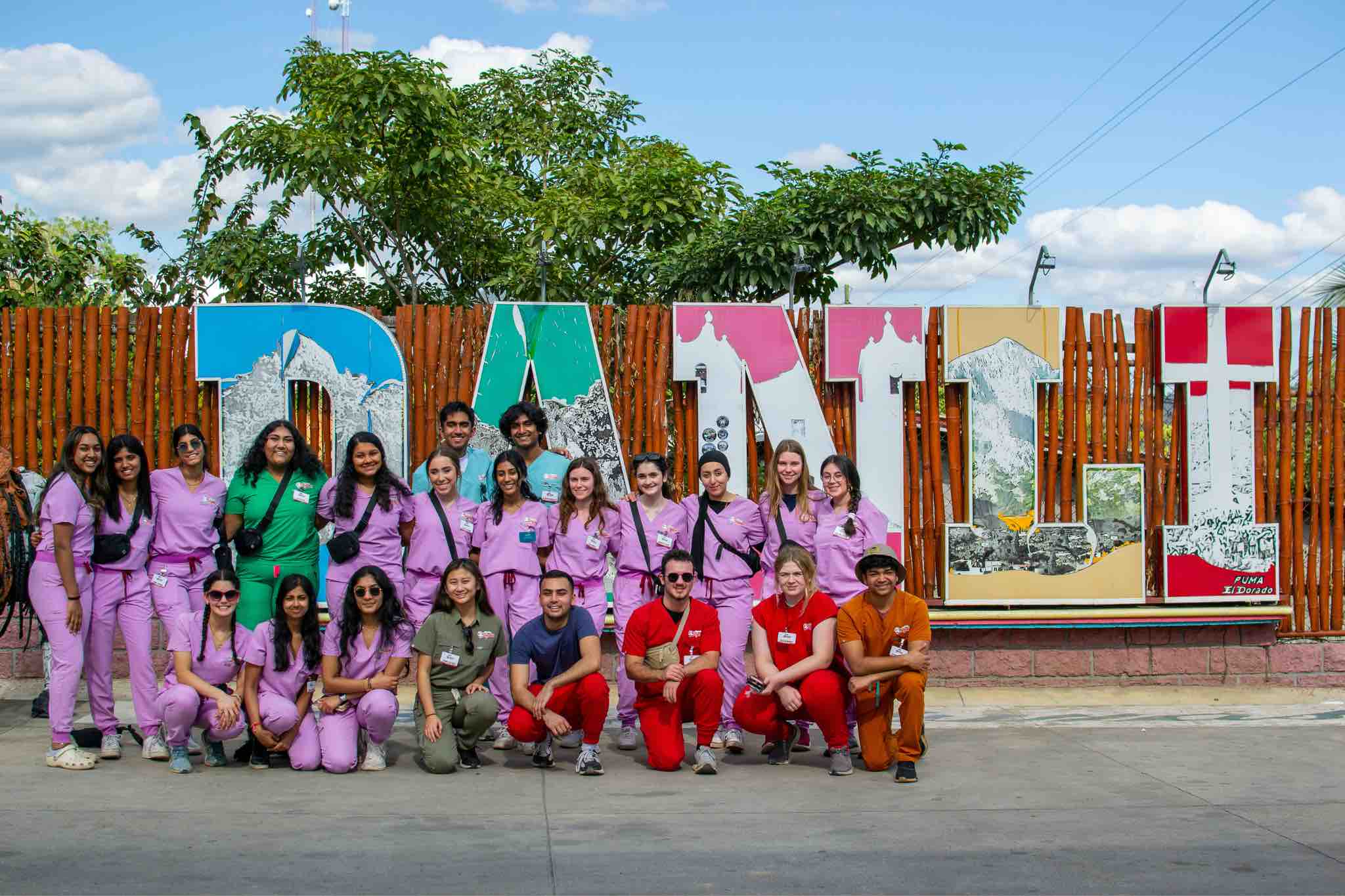Written by Alysha Roberts, former Program Associate in Nicaragua, current Director-at-Large with Global Brigades Canada
Like soap and water, health and good hygiene go hand in hand. But for many families in developing countries around the world, access to proper infrastructure and education to engage in healthy habits is still lacking. When you watch Myriam Sidibe’s TED Talk on “The Simple Power of Handwashing,” you’ll learn studies show that globally, 4 out of 5 people don’t wash their hands after using the bathroom, while handwashing with soap and water remains one of the most cost effective public health investments for the reduction of infection and disease in developing countries. Additionally, Sidibe cites that through engaging in proper handwashing, we can reduce diarrheal disease by half, respiratory disease by one third, and reduce the spread of the flu, trachoma, SARS, cholera, and ebola – just to name a few.
This month, we are writing this post in celebration of Global Handwashing Day on October 15th! Through each program of Global Brigades’ Holistic Model, volunteers and donors contribute to the global effort to increase handwashing practices both directly and indirectly. Whether it’s digging trenches for a water system’s pipeline in El Hatillo, Honduras, or holding a sanitation educational workshop at a medical clinic in Los Encuentros de San Gabriel, Nicaragua, volunteers and community partners work together toward better hand washing, healthy habits, and holistic development.
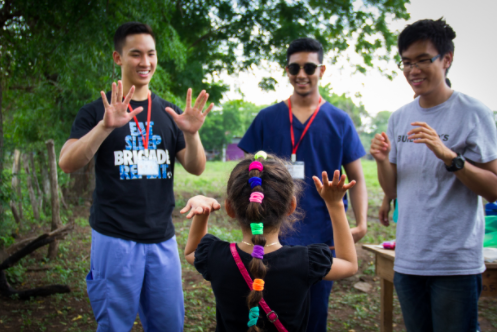
Medical Brigades
On Medical Brigades, volunteers conduct education workshops with children to discuss personal hygiene practices like handwashing, and while it might feel redundant to talk about the same topic every time we return to a community, public health research indicates a benefit to repetition. When children take part in these education charlas (Spanish word for chat) and get excited about washing their hands, this knowledge and enthusiasm spreads to their home environment and allows good habits to take root. Not to mention the excitement of bringing home a new toothbrush and bar of soap in their hygiene packs!
Public Health Brigades
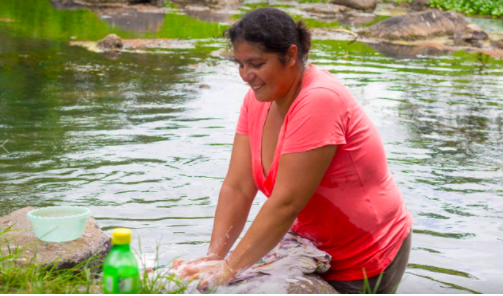
First time Public Health volunteers may describe their brigade as a lot of manual labor – mixing cement, leveling, laying bricks – but in just a few days, the end products are tangible: a bathroom, a shower, and a water storage unit. Environmental factors like having access to handwashing infrastructure at home and school play an important role in the frequency of handwashing behaviors. Global Brigades’ hygiene stations encourage handwashing after using the bathroom by providing water storage units that make this behavior more accessible.
Water & Engineering Brigades
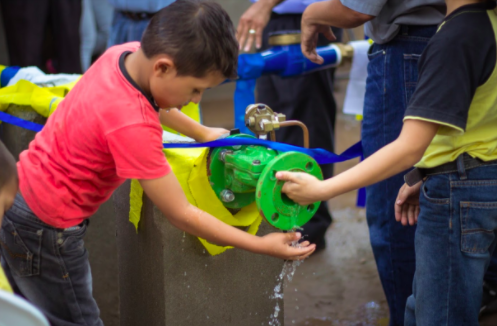
Imagine having to walk 2-3 hours a day to collect water at a community well or river. This is a reality for many community partners of Global Brigades in Central America and West Africa. When water access is scarce, conservation practices are taken to minimize the amount of trips needed to fulfill a family’s water needs. With the responsibilities of cooking, doing laundry, showering and bathing children, and taking care of livestock, using water for handwashing isn’t always a priority. Even in communities where an at-home water connection exists, environmental challenges such as geography and drought add complexity to what should be a simple, affordable, and consistent hygiene practice.
Through Water and Engineering Brigades, volunteers help increase access to potable water through the design and construction of sustainable water systems that provide a tap in every home. With a clean and consistent source of water for all of a family’s daily needs, handwashing becomes less of a hassle.
Business Brigades
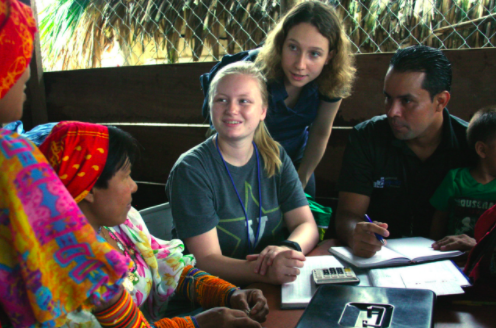
When Business Brigades work with a community to establish and train a Community Bank, community members are allowed access to education and financial capital, which allows them to invest in themselves, their businesses, and their community. The business program benefits families when they are able to a take out a loan to invest in the installation of a tap in their home, or purchase a latrine and other sanitation infrastructure.
Global WASH Efforts
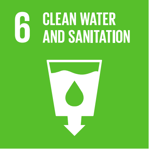
The scale of the impact that handwashing has on individual health and the global economy is staggering, and from a distance, the burden of infectious and diarrheal illnesses may seem insurmountable. But the solutions to tackle this public health problem are as simple as they are scalable: a bar of soap, reliable water access, improved sanitation infrastructure, and widespread education workshops. Of the 17 Sustainable Development Goals, one of the goals Global Brigades is particularly passionate about goal #6, of “Ensuring access to water and sanitation for all.” Wherever your interests lie, you can lend a hand to these goals and work with Global Brigades for a cleaner, healthier, and more equitable world. We don’t need high-tech solutions. We need handwashing education. We need support directed to our Healthy Household and Clean Water Funds. We need brigaders willing to get dirty digging a septic tank or trench, and then, of course, wash their hands after.
If you are interested in joining the global movement through our programs, visit www.globalbrigades.org!

